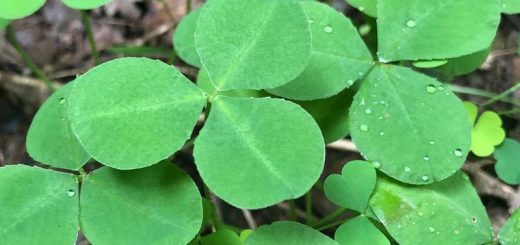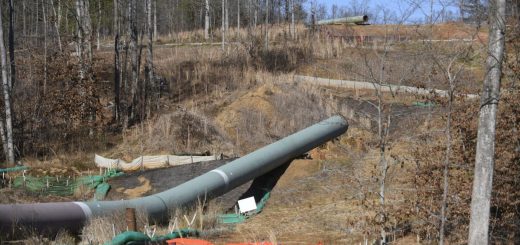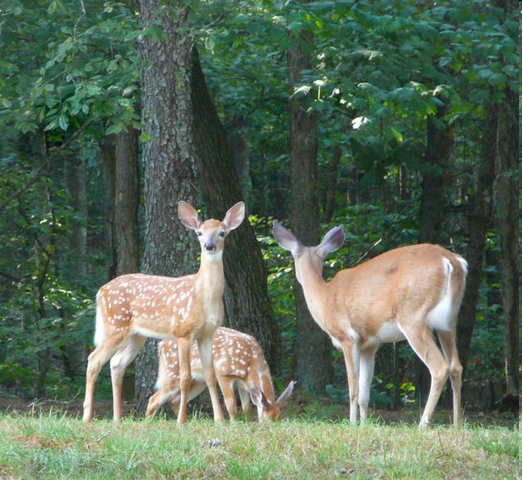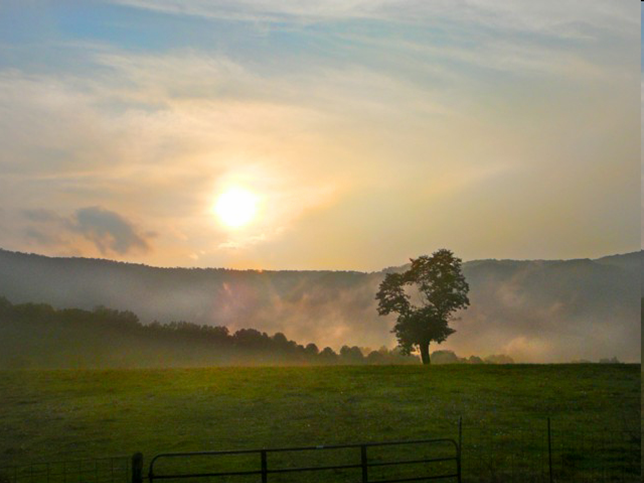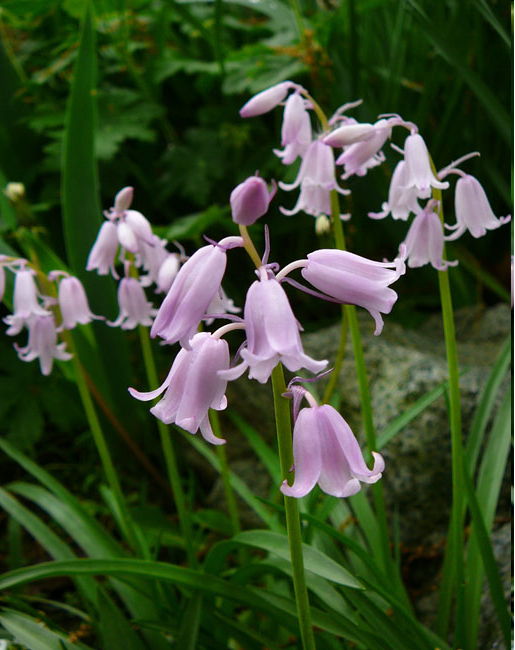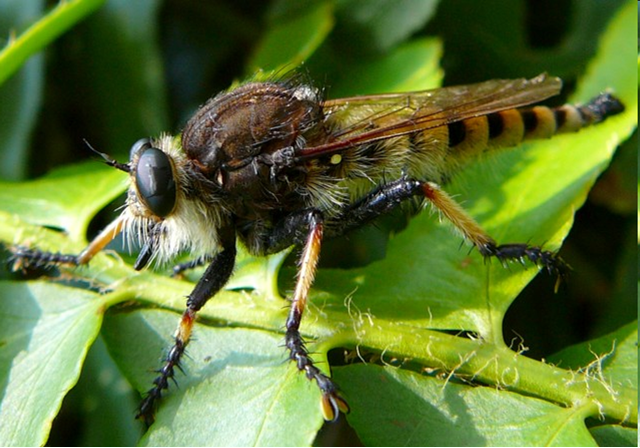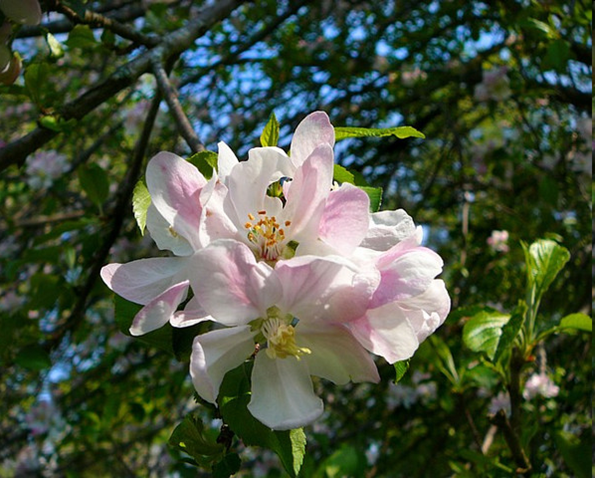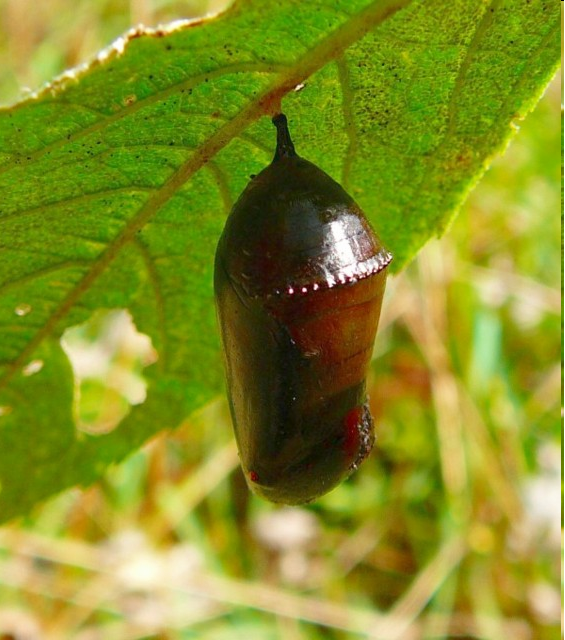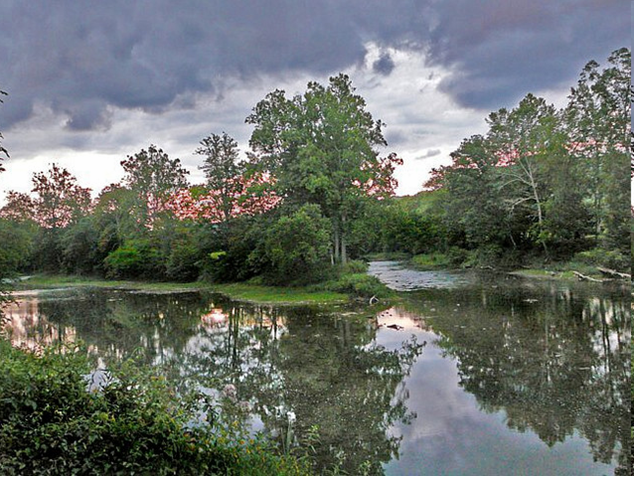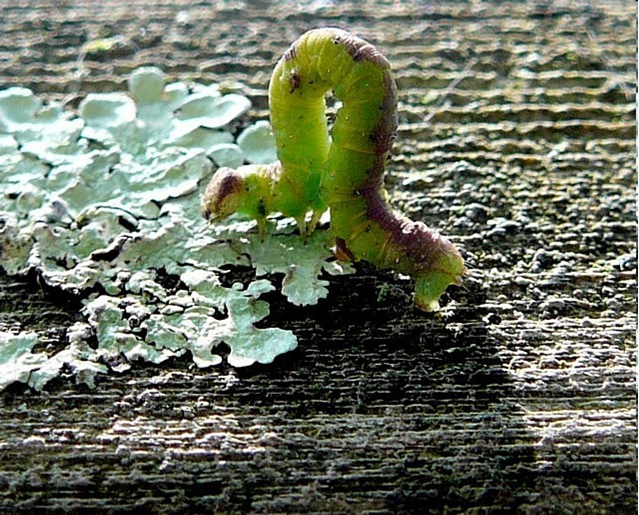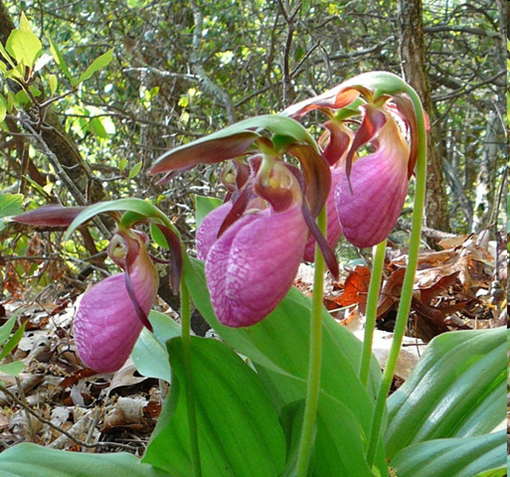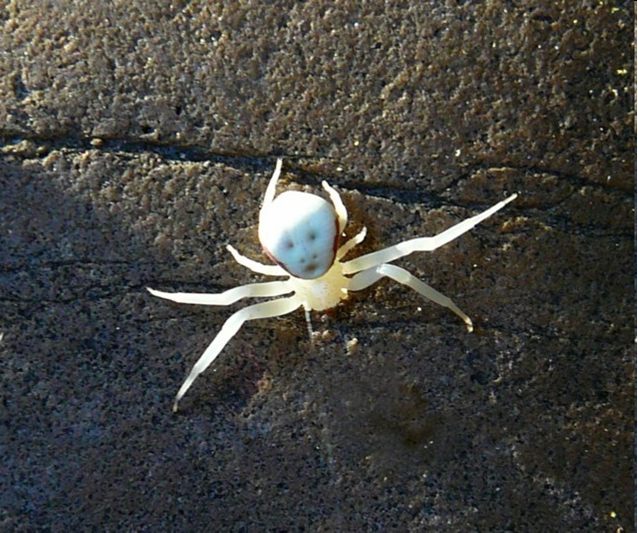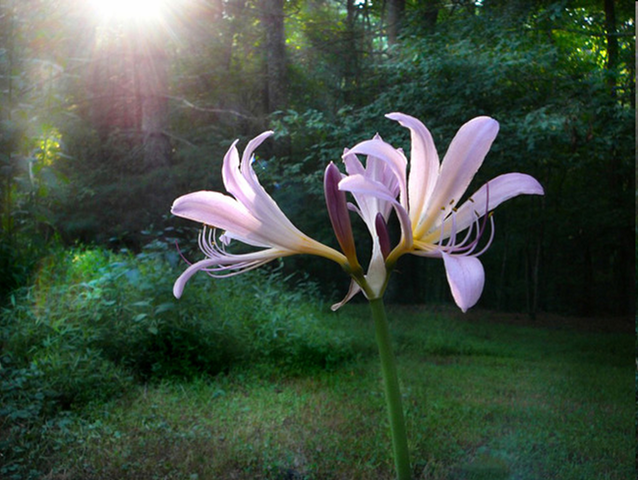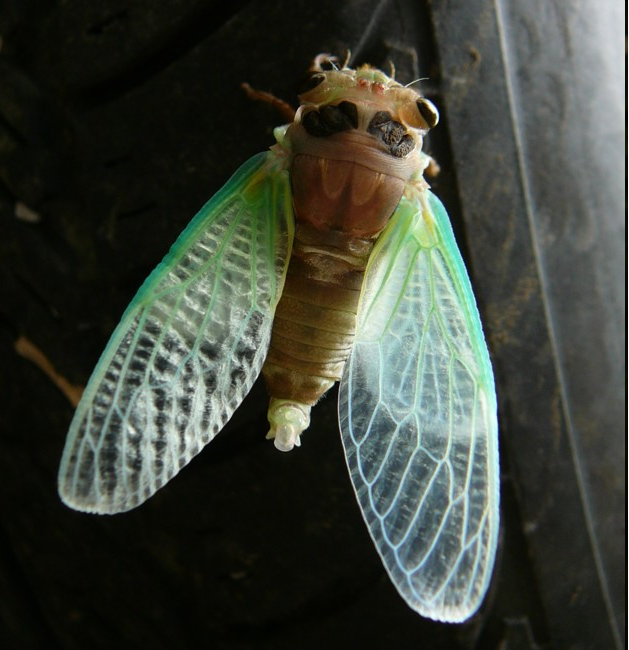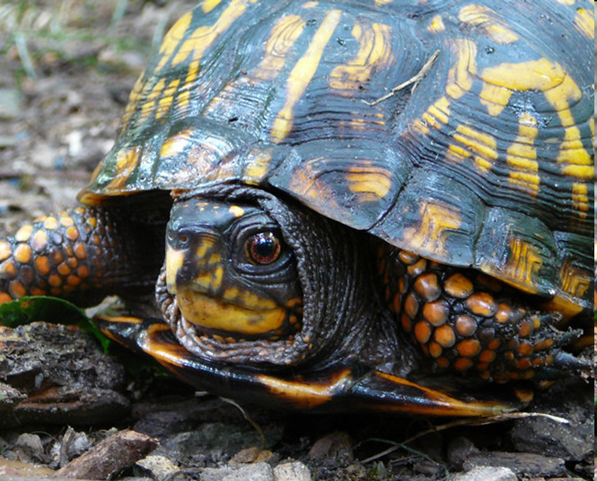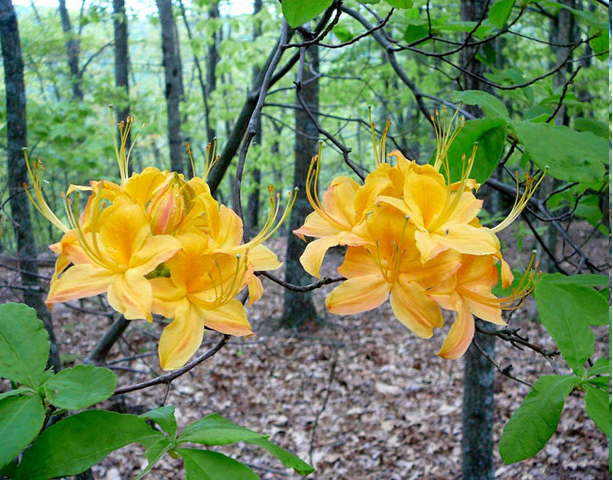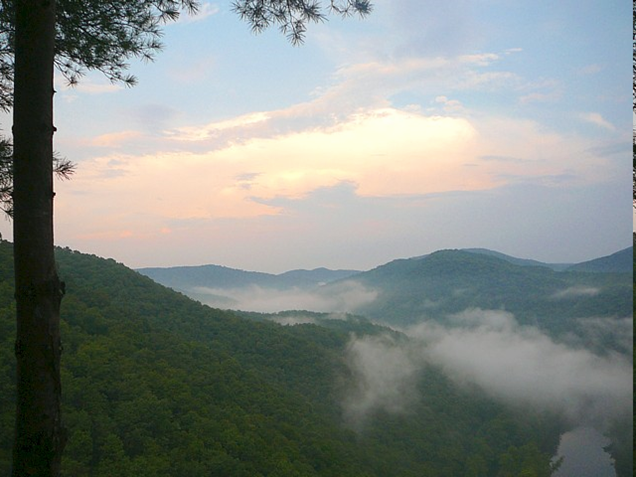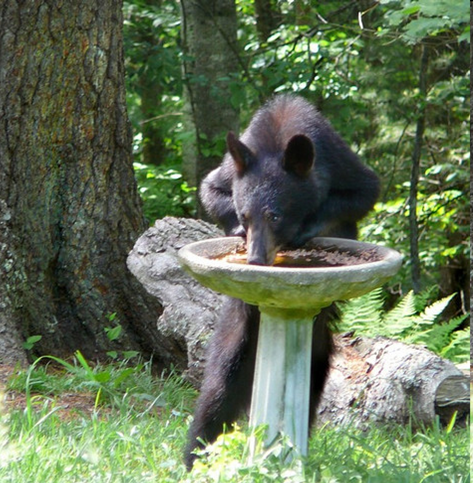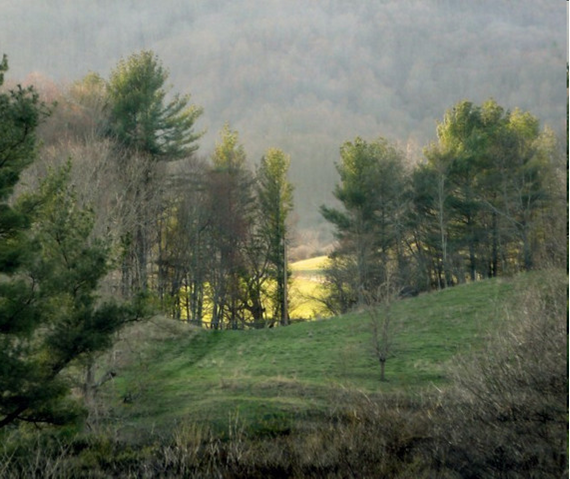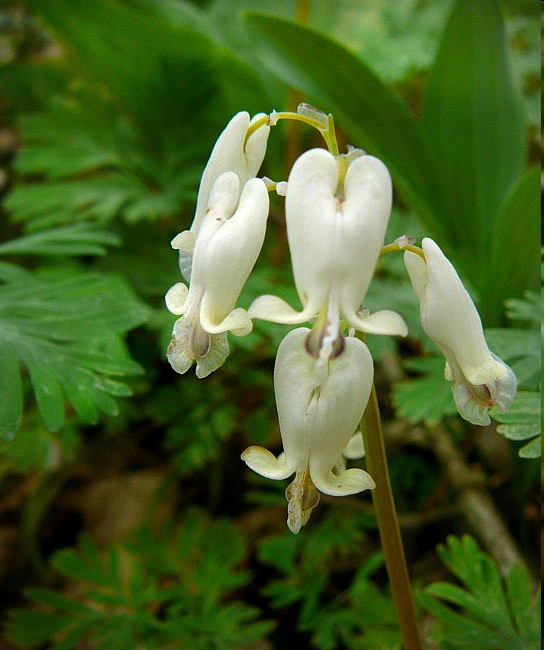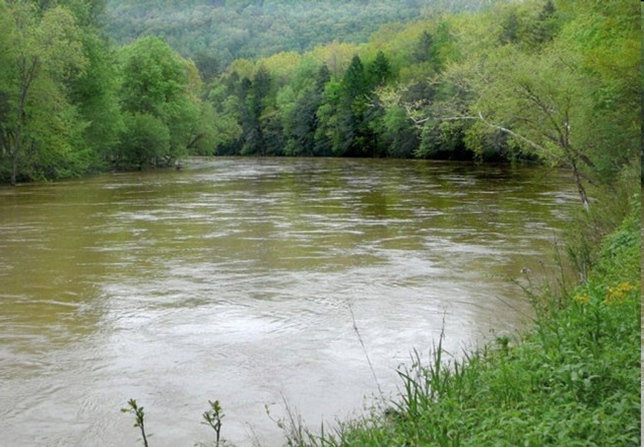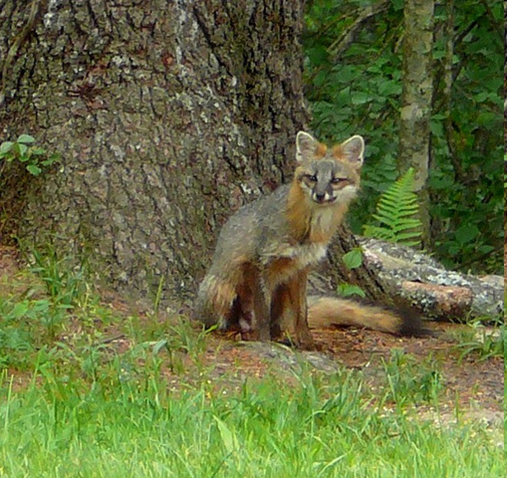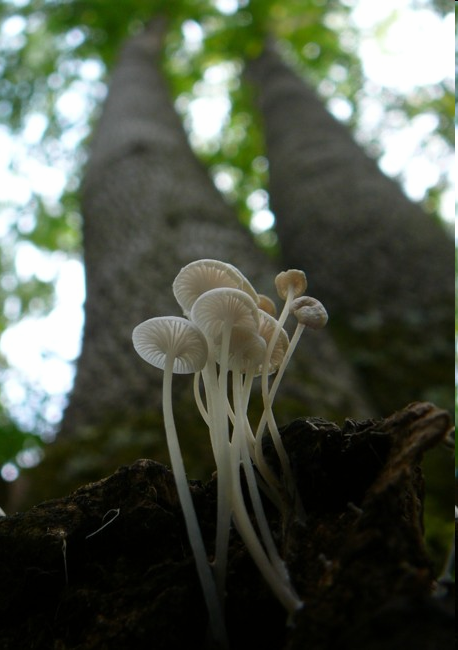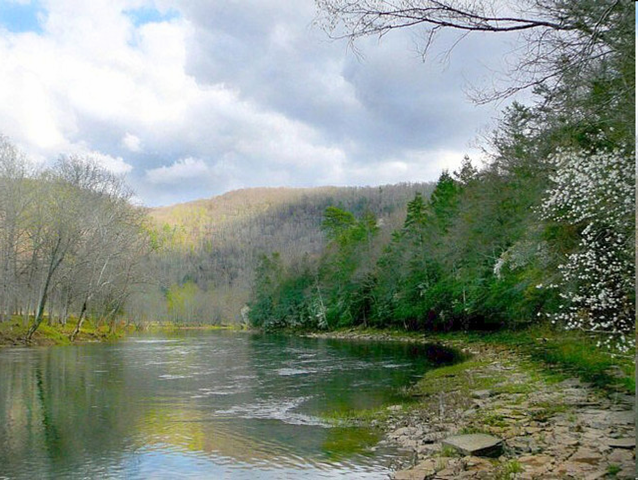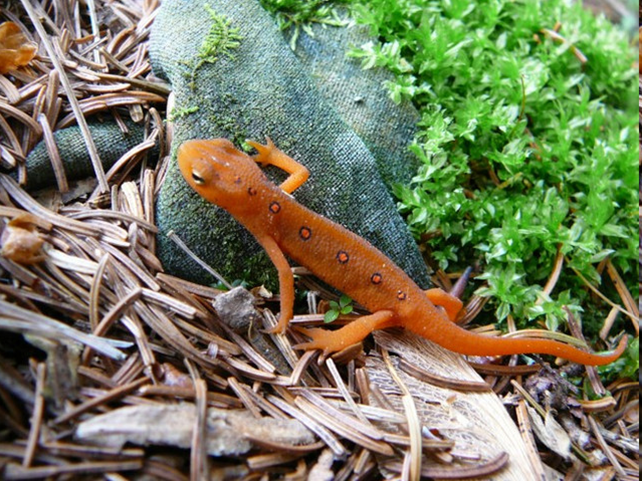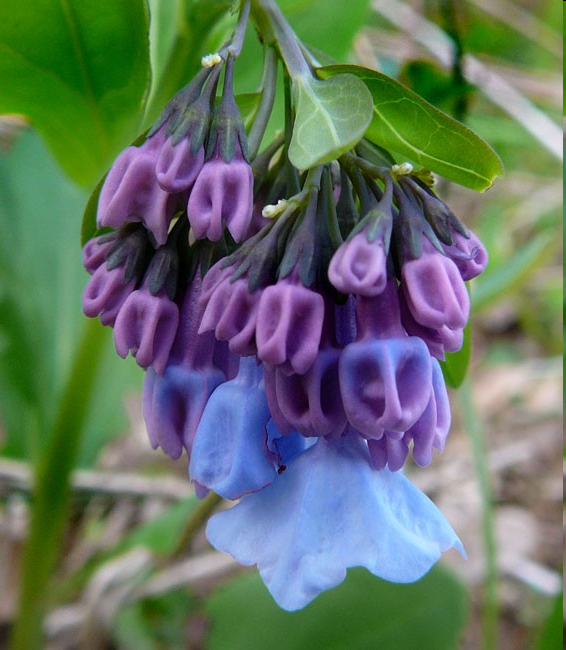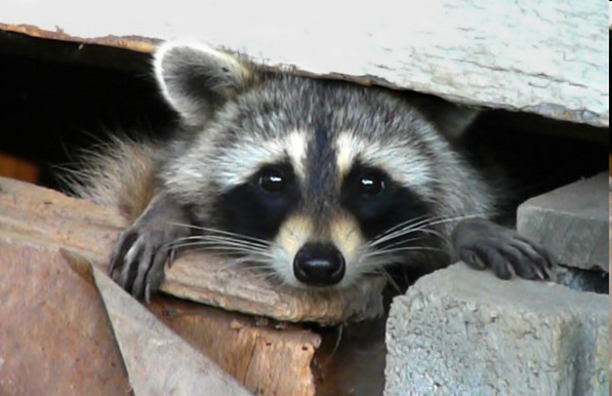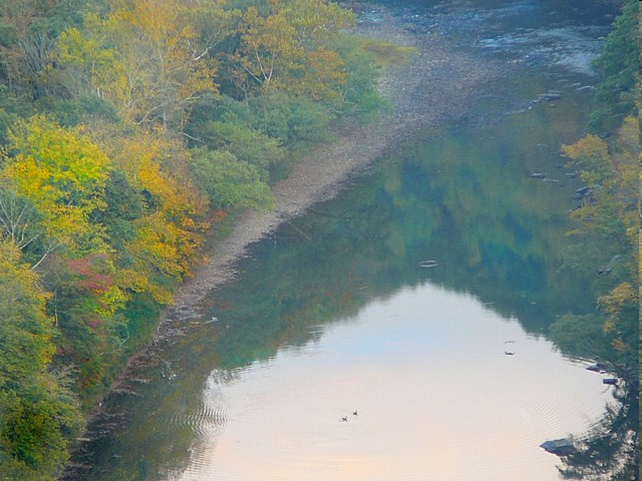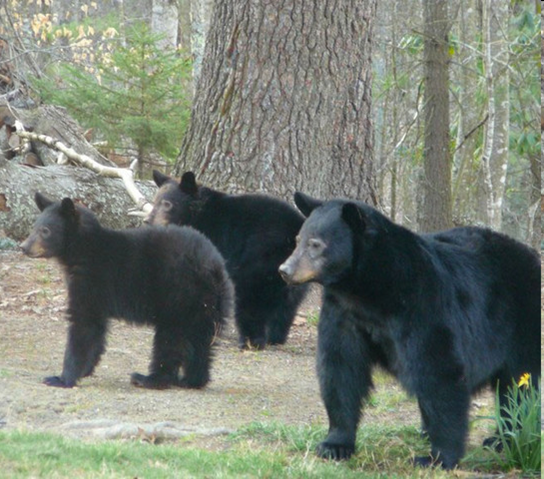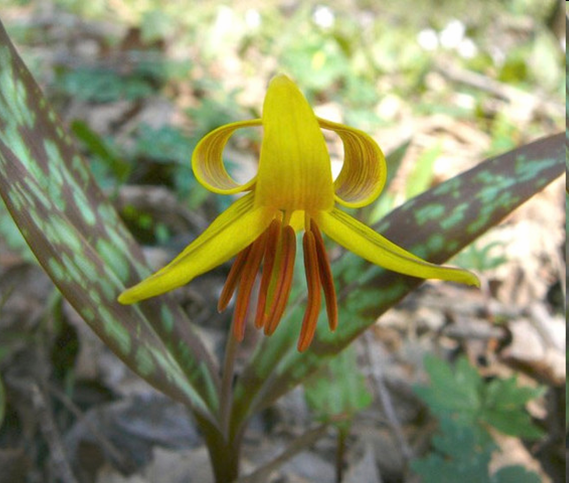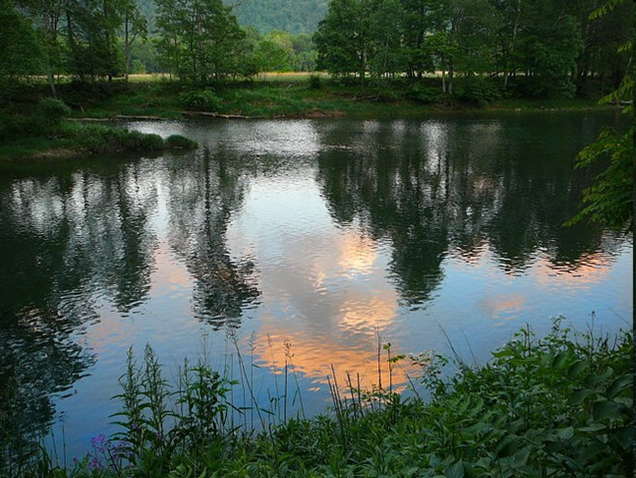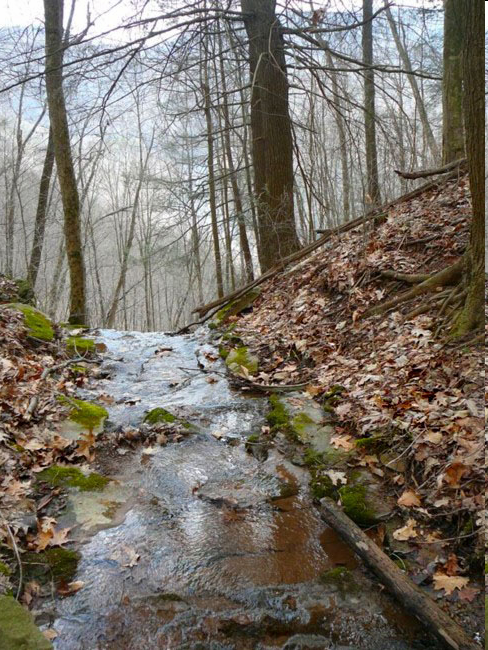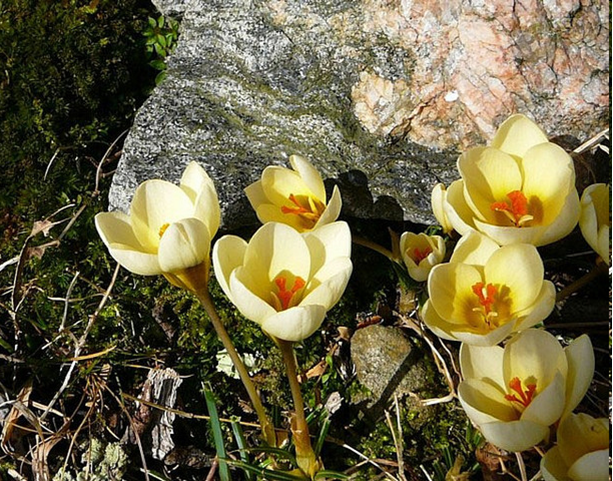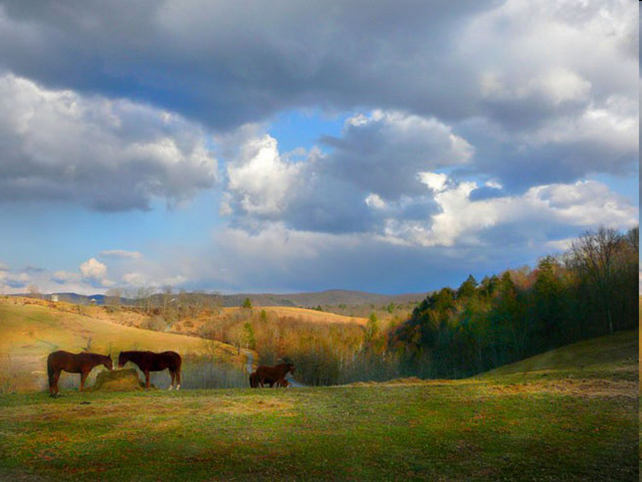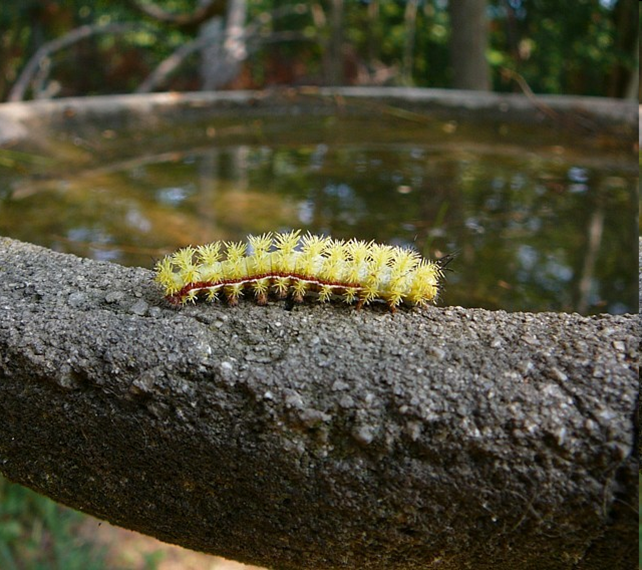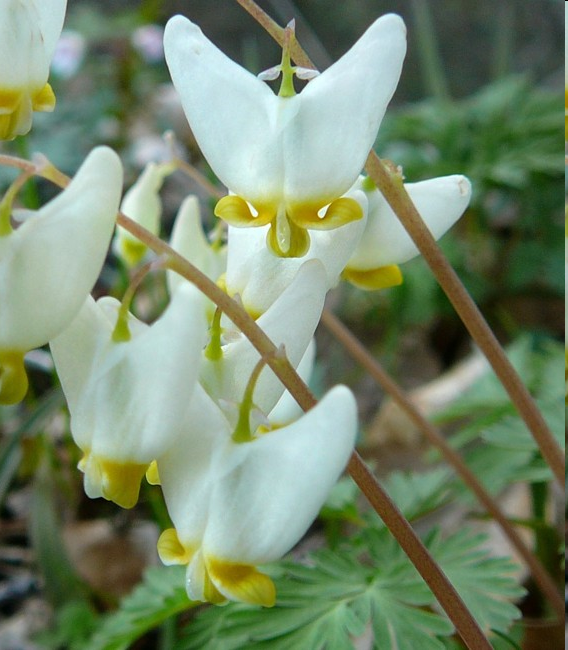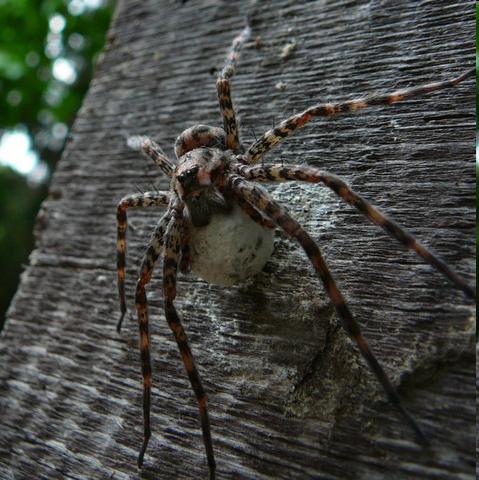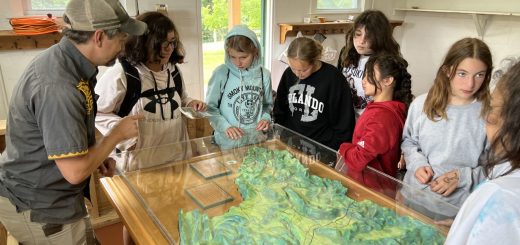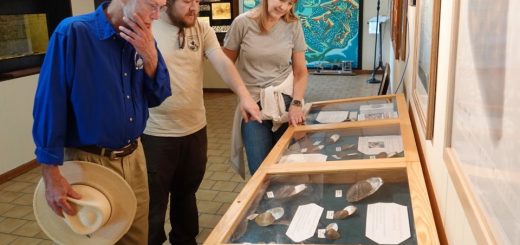How the West Virginia coal industry changed federal endangered species policy
By Juliet Eilperin May 10
LENORE, W.Va. — Donna Branham was grilling steaks in her backyard when she felt the tremors. She was two miles away from the coal mine, but she could feel the blasts.
“Oh my god, not again,” she thought.
In 2017, blasting at the surface mine had cracked her ceiling, her mirrors and her fireplace. When the mine was shut down amid complaints that its waste was encroaching on crayfish, a threatened species, she thought she had caught a break.
Now the mine is back in business, thanks to the intervention of Trump appointees at the Department of the Interior and West Virginia officials who allowed the resumption of drilling at Twin Branch and about a half-dozen other mines under a June 2017 policy, according to documents obtained under the Freedom of Information Act (FOIA).
President Trump’s pro-coal stance is not surprising, but the documents offer a rare glimpse into how state and industry officials have tapped the president’s political appointees to advance their economic interests over the objections of the agency charged with protecting endangered wildlife — in this case, two crayfish species that help keep the state’s creeks and rivers healthy.
A United Nations panel warned in a report Monday that human activities have pushed one-eighth of the world’s species to the brink of extinction and urged governments to protect them. Meanwhile, the emails show that the Trump administration has moved in the opposite direction: Federal, state and industry officials bypassed the U.S. Fish and Wildlife Service to win approval for operations near sensitive habitat.
Championed by Landon “Tucker” Davis, an Interior Department official who used to represent the state’s coal industry, a 2017 directive that paved the way for mine permits illustrates how environmental rollbacks enacted at the start of the administration are reshaping the nation’s landscape in ways that could harm threatened species.
Jason Bostic, vice president of the West Virginia Coal Association, and other coal executives say federal Fish and Wildlife officials were not providing guidance quickly enough on how mines could operate. He also expressed skepticism that crayfish face serious jeopardy.
“We are talking about a crayfish that survived the Industrial Revolution, in one of the most rugged, isolated and hard-to-operate places in the country,” Bostic said in a phone interview. “It was somewhat an affront to us to believe that modern mining was a threat to them.”

This female Big Sandy crayfish is one of four living at the White Sulphur Springs National Fish Hatchery in West Virginia. (Michael S. Williamson/The Washington Post)
A crustacean resembling a miniature lobster, crayfish remain a fixture in nearly every West Virginian’s childhood. They burrow under rocks to build their homes and extensive tunnels, said Zachary Loughman, a West Liberty University biology professor. They go by many names in Appalachia: crawdads, crawdaddies and, in some cases, mudbugs.
Besides helping to clean creeks and rivers, the animals serve as prey for sport fish. And the very activities that threaten their habitat can affect local residents’ water supplies.
In April 2016, the Interior Department under President Barack Obama placed two species of crayfish — the Guyandotte River and Big Sandy, named for the rivers they inhabit — on the federal endangered species list. It identified logging and coal mining, which deposits sediment and chemical runoff into streams, as primary threats.
Once a species is listed, federal officials are required to identify critical habitat for its survival and provide guidance so the government does not authorize activities that could cause further harm. Once Trump was elected, Interior’s approach to the crayfish shifted.
Environmentalists argue that federal officials have failed to establish legally required protections and properly oversee state environmental officials, who have permitted mines under less-stringent requirements.

Now the Center for Biological Diversity and other advocacy groups are preparing to sue the Interior Department for failing to protect the crustaceans from activities such as those at Twin Branch mine. The center’s senior scientist, Tierra Curry, who helped qualify the two species as endangered, laid out her argument as she watched a coal truck make its way recently to a mining operation permitted under Trump policy.


